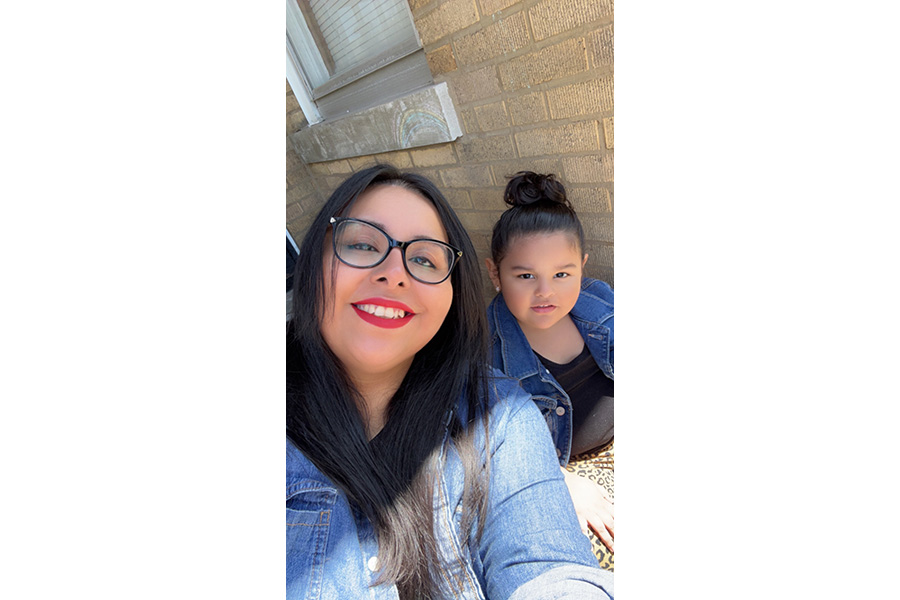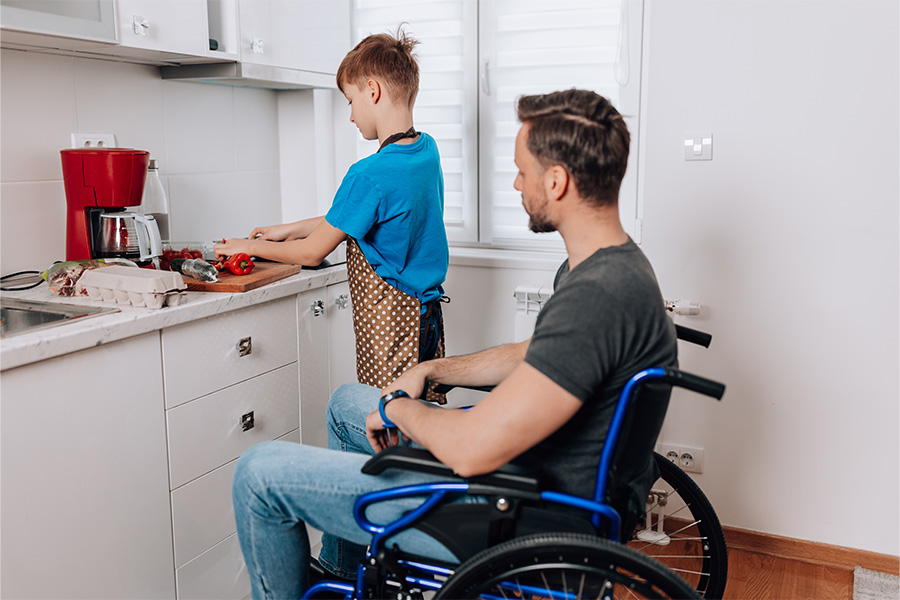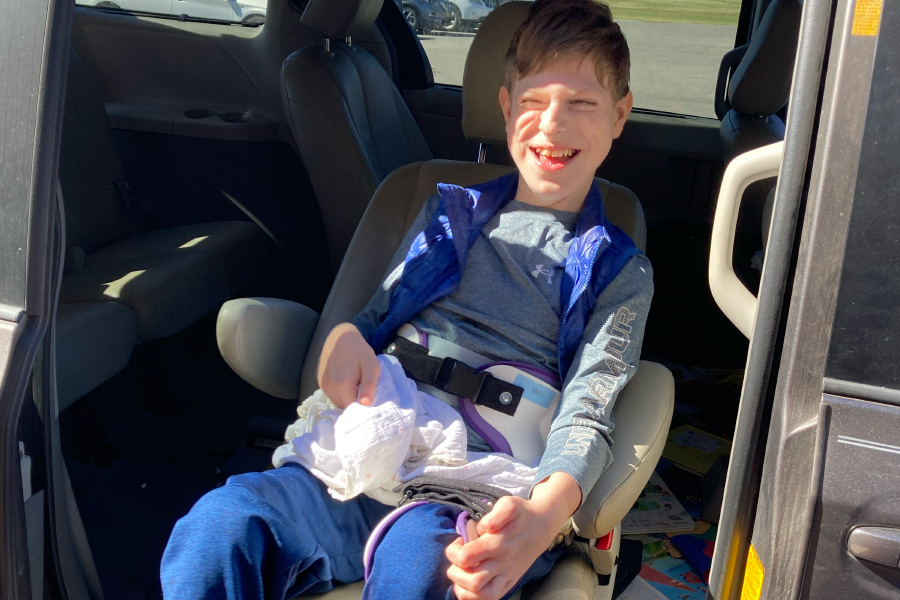3 Ways to Teach Social Skills at Home
Your child is bright, creative, and clearly has many areas of skills. In theory, that should make it so that relating to peers is easy, given that he has so many areas of interest to talk and relate about, right? Well, not exactly. Our children with ADHD or Autism Spectrum Disorder (ASD) are passionate people who love what they love very much, but sharing that information or knowledge with a peer may look like your child is talking at instead of talking with them.
Your child may also become easily frustrated because other children are not as interested in certain topics, games, or other children don’t want to talk about that topic for very long. Possibly, your child may not notice the body language and facial expressions of a peer who has lost interest, and ultimately walks away. When your child feels rejected, but doesn’t know why – they may become very angry, yell or become aggressive towards the children whose behavior or actions aren’t understood. The other children don’t understand your child’s internal experience and begin to label him as angry or weird. To a parent, that’s heartbreaking.
Unfortunately, you can’t go to school with your child and mediate these peer interactions (even though you’ve thought about it!), but you can use a few strategies to help build your child’s social awareness in an effort to make social relationships a little bit easier.
Role Play
To help your child understand what a disinterested peer looks like, act it out, or be exaggerative in your response to him when he tells you a story at home that is now going on for a long period of time with no end in sight. Your tolerance is higher and your patience may be greater because, after all, this is your baby. However, friends are not that patient.
See if your child asks you what’s wrong or why you’re making that face or slouching in your seat. Use this as a time to tell your child that his story is too long. You may feel like a ‘bad’ parent for saying something like this, but if you don’t, his peers will – and they likely won’t be as nice about it!
You can also role play other signs of disinterest, such as looking around the room, starting a conversation with another person, or walking away. Let your child know that it’s time to end a story or conversation and do something else. For example, she can ask her peer a question to keep the conversation going, “What did you do this weekend? What’s your favorite cartoon?” or “Do you want to play tag with me?”
Every Story Has a Beginning, Middle and End
This is a tough one that some adults haven’t yet mastered! Every story has a beginning, middle and end. That is, the general rule is that a story shouldn’t last much longer than a minute or two. After that, we lose interest. Encourage your child to end his story with the point he wants to make. Next, he should pause and let his friend ask a question or make a comment. Children can use this type of formula and adapt it as they get older.
This process also helps to build a level of self-awareness and self-monitoring of behavior. This is a great executive functioning skill to start developing, as it’s a tough one that grows with lots of practice.
Press Pause
I encourage parents to schedule play dates at their home and to stay within ear shot so they can hear how the social interaction is going…or not going. That is, if you hear or see that your child is having a hard time negotiating which game to play because the two can’t seem to decide, you can intervene.
Press pause. Ask your child to help you with “something”, and take her into the other room where you can ask her what’s happening. Listen to her perception of what’s happening, as this will give you insight into her social interactions and general social experience. Then, offer her an idea of how to compromise and let her go.
This ‘within the moment’ coaching is ideal and very relevant to the social situation at hand. The hope is that, with practice, your child will learn how to negotiate with peers in other arenas, such as school, birthday parties, or extracurricular activities.
Sometimes, this support works very well alongside participation in a social skills group or individual therapy for you and your child. This gives you and your child the opportunity to generalize the skills learned into real, everyday situations.
Dr. Liz Matheis is a licensed Clinical Psychologist and certified School Psychologist who specializes in working with children with ADHD, Anxiety, Autism, Learning Disabilities, and behavioral struggles. She is also mom to three children, one with special needs. Her practice, Psychological and Education Consulting, is located in Livingston, New Jersey.















